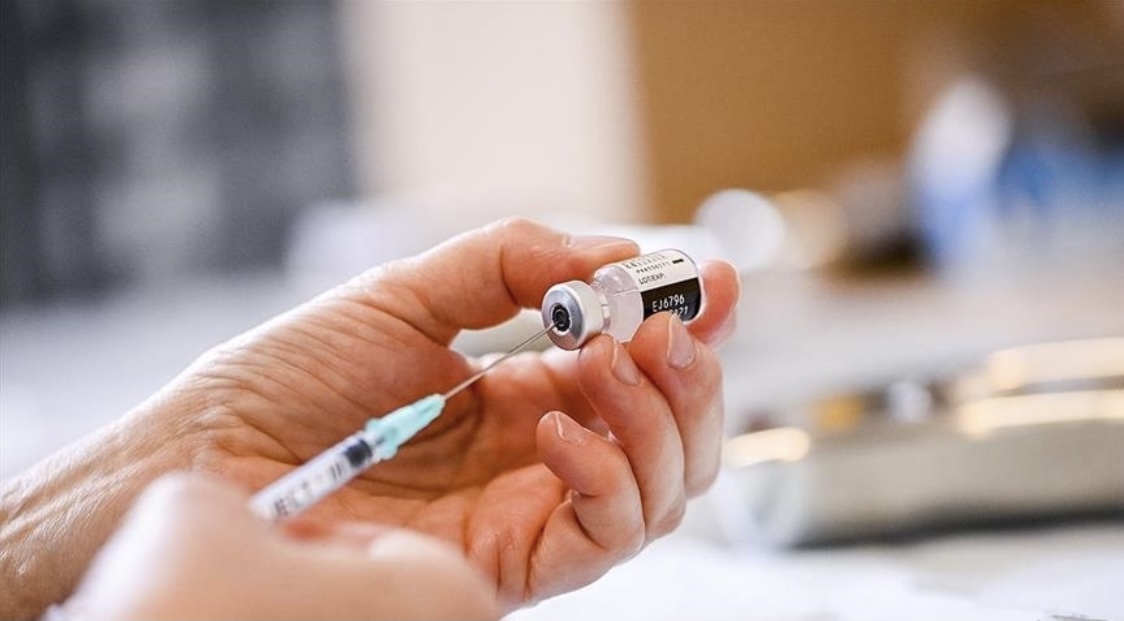Last week, vaccine maker Pfizer said tests showed its Covid-19 vaccine works well in children ages 5 to 11. The vaccines these younger kids could get would be the same as the shots teens and adults have received, but the dose will almost certainly be different.
Children have different immune systems from adults. Knowing this, Pfizer tested varying doses in its trials of children 5 to 11. Kids, it turns out, have a strong immune response even to lower doses. So children under 12 will likely be getting a 10-microgram dose of vaccine, compared with a 30-microgram dose for adults.
In fact, most adults could get by with lower doses, too, says Dr. Robert Frenck, director of the Vaccine Research Center at Cincinnati Children’s Hospital.
“We found in 18-55-year-olds, a 10-microgram dose gives a very good immune response,” Frenck said. “But the 65 and above, they did not respond as well to the lower doses, and so that’s why we chose that 30-microgram dose, across the adult age range from 18 to above.”
Frenck said there wasn’t any time — or any reason — to finesse the dosing last year. “During a pandemic, we wanted to get a vaccine out quickly,” he added.
Frenck said so far, the Pfizer vaccine appears very safe in younger children. “What we found is that the side effects in the children really mirrored exactly what we saw in adults,” he said.
“So the most common thing is pain at the injection site. Also having headache, and maybe fatigue. Fevers and chills were unusual — only around 10-11% of the children having those. Similar to the adults, or identical to the adults, is that side effects lasted a day or two and then people were back to normal,” Frenck added.
Image
CDC studies find masks in schools help prevent Covid-19 spread
Two studies released last week by the CDC found outbreaks were far more likely in schools that didn’t require students or staff to wear masks. The agency currently recommends universal indoor masking for everyone on a school campus.
One study in two large Arizona counties showed schools with no masking requirement were about 3.5 times more likely to have a Covid-19 outbreak than schools that had a universal masking requirement.
A second study showed counties across the US where schools required masks also had less transmission of the virus among children in the community in general.
The study found that case rates among children increased more in counties where schools did not have mask requirements than they did in counties where schools mandated universal masking.
Counties without school mask requirements added an average of about 35 new pediatric cases per 100,000 children each day over that two-week span, compared to a growth of about 16 new pediatric cases per 100,000 children each day in counties with school mask requirements.
Life, But Better
CNN Contributor Elissa Strauss talks to Melinda Moyer, author of “How to Raise Kids Who Aren’t A**holes” about research on gunplay, screen time, shyness, resilience and more, helping parents effectively send the message that kindness matters.
But wait, there’s more!
Kids are bringing pandemic stress to school. Here’s how to spot it A town took on its low teen vaccination rate with a clinic just for them. Only one teen came It’s not your age that’s slowing your metabolism, new research says How to get uncontrolled high blood pressure under control Common painkiller should be investigated for possible risks to developing fetuses, experts say.
———————————————————————————————-Any content which is considered unsuitable, unlawful, or offensive, includes personal details, advertises or promotes products, services or websites, or repeats previous comments will be removed.
User comments posted on this website are solely the views and opinions of the comment writer and are not a representation of or reflection of the opinions of TNN or its staff.
TNN reserves the right to remove, edit or censor any comments.
TNN accepts no liability and will not be held accountable for the comments made by users.

